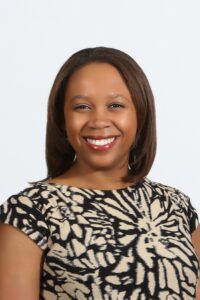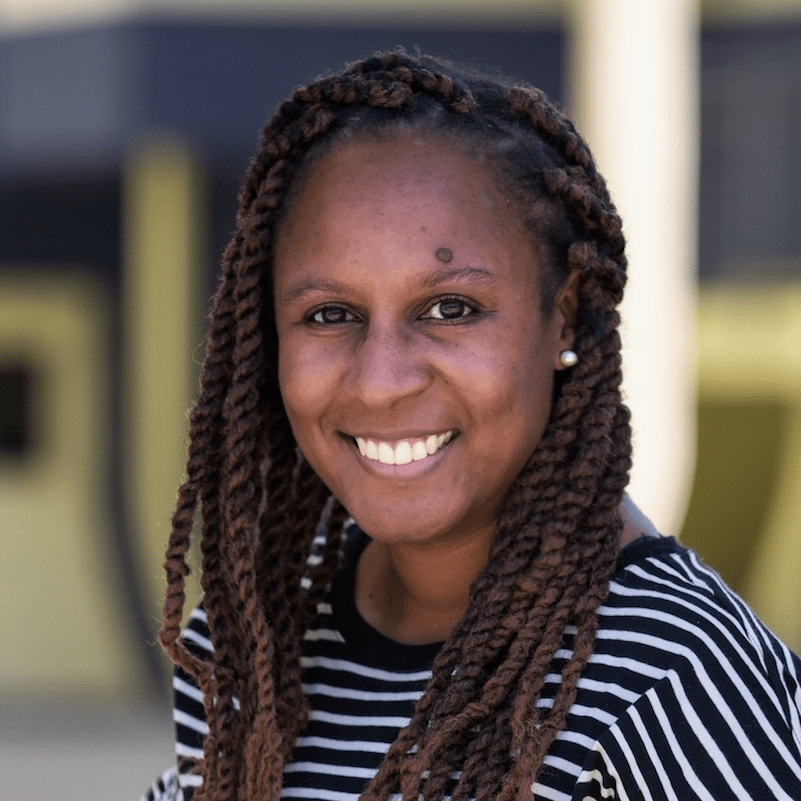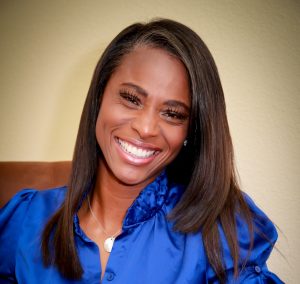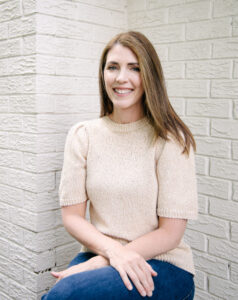Being an advocate, it’s so easy for me because I was a foster kid. So I already have that in. With adoptees, I’m able to walk up to them, have a conversation with them.
We have a lot of similar backgrounds. I focus on helping them find their voice. I didn’t find my voice until probably three or four years ago. I think we focus so much on being the voice for the voiceless. Which is great, but there’s some point in that child’s life where they’ve got to find their own voice.
They’re going to be adults and so women must come alongside them and be good listeners. Not every adoptee, not every foster child has the same story and it is better to be able to help them based on their story, not what you think that they need, but based on what they have shared with you.
There’s a lot of trauma with adoption and with foster care. There are many who have been adopted and have gone through foster care struggling with mental illness. So being able to help them, not with just giving them things, but also allowing them to be set up with some type of therapist, with some type of counselor to help them walk through their past based on what they need and if they’re ready for it and to not push it on them.
For the parents of adopted or foster children, love them for who they are, get a chance to know them for who they are, allow them to really use their voice, to voice how they’re feeling, how they’re processing things. Just because they’re quiet and they’re just being a great child doesn’t mean that they’re not hurting or they’re not in pain. Come alongside them to figure out how to connect with that child on their level.
For those in the workplace you know or those at home that are wanting to best serve these families, there are so many ways you can serve families. Through the church, there are several different adoption, foster care organizations in your local communities.
You can bring those families food or find out if there are any adoptive families in the area that have needs and provide gift cards, provide toys and clothes for families that have new placements because a lot of times they’ll get a phone call in the middle of the night saying I’m bringing you a child and they have nothing, no diapers or anything.
Be a good listener for that family and ask them what they need. Don’t just throw things at them because sometimes we want to help and we have great intentions to help people, but we over help.
And the last thing is to pray for those families. There is a lot that the families go through and that the child is walking through. The family is going through a lot with bringing in a new child, especially if they have other children and are trying to adjust to a new schedule, this new transition. So pray for those families.
We are called to love everyone, but we are called to love those who don’t have families and to be there and to care for them. There are many kids who are aging out of the foster care system and they’ve never been given the opportunity to have a family. Churches in these communities can be families for these children. Even if they never get adopted, they can still care for them up until they’re 18 and afterward, and then help them along the way with finding jobs, finding places to live.
There is so much work to be done.




